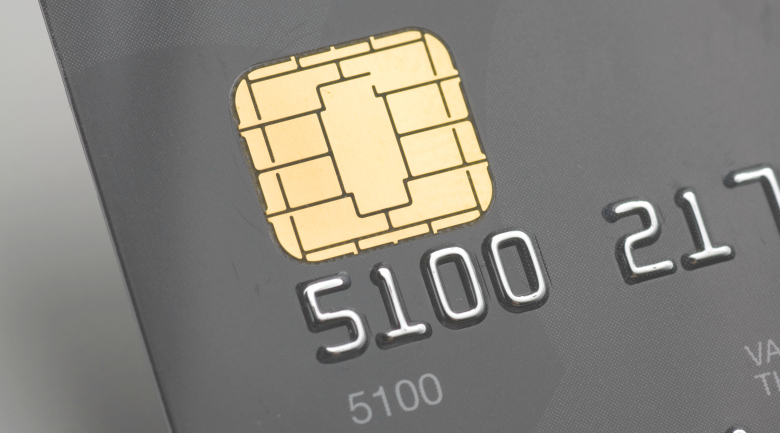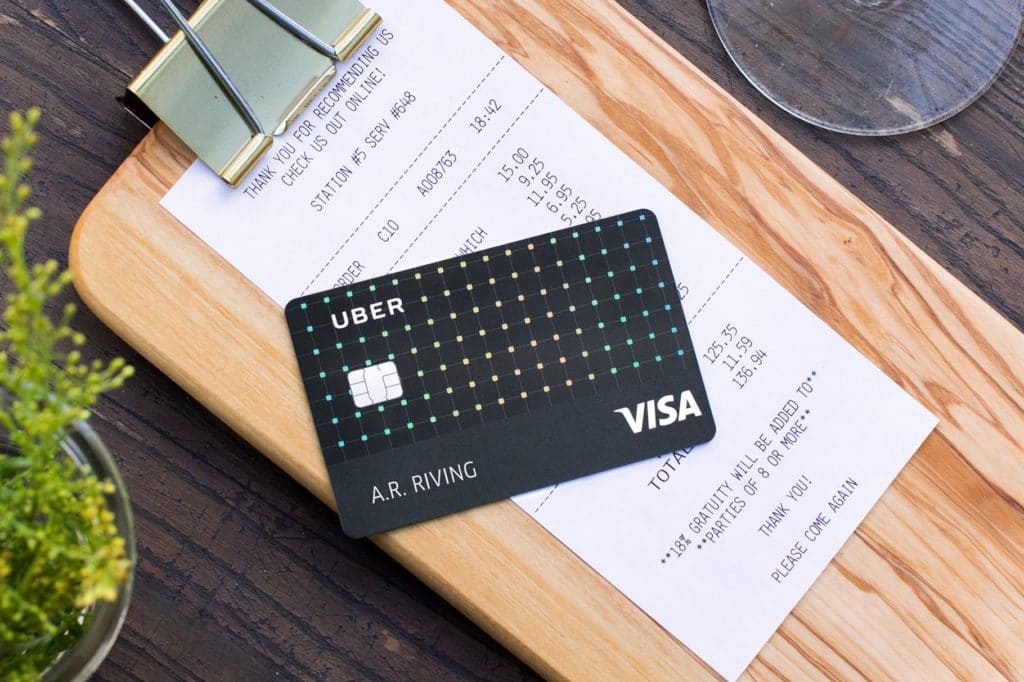Their side of the story
Here at The American Genius, we’ve been closely following the country’s frustration over retailers’ slow changeover to EMV (chip card) payment networks. As we previously mentioned, shoppers nationwide are disappointed that many companies are still not accepting the safer chip cards as payment, despite the Oct. 1, 2015 fraud liability shift.
![]()
For those unfamiliar, as of Oct. 1, 2015, any retailers who do not offer the EMV chip card payment option to customers are automatically liable for any fraudulent transactions that occur at their store. However, if fraud occurs while using the updated EMV chip system, liability falls to the bank involved.
While customers complain that stores are not offering the chip payment option for their own convenience, retailers are telling a different story.
Retailers are angry, too
According to store owners like Avi Kaner, the retailers may not be at fault. Across the country, stores have spent thousands of dollars updating their systems and are ready for the new EMV card payments. But they have been waiting for certification from the credit card companies themselves. Without certification, stores can’t process payments through the EMV payment network.
Kaner is co-owner of the New York grocery chain Morton Williams, and he claims their stores were ready on time for the new payment systems, but they have been waiting for bank certification for months. On top of the $700,000 Morton Williams spent to update all of their stores’ terminals, the company has also seen thousands of dollars in fraudulent charges since the Oct. 1 fraud liability shift.
Retailers take action
One grocery store chain out of Florida has decided to take action. They recently filed a lawsuit against the credit card issuers for taking so long with their certification. Like Morton Williams, B&R Supermarkets were ready for the EMV terminals by Oct. 1, but haven’t received certification.
And in the months since the liability shift, they have been hit with $10,000 worth of fraudulent charges, chargebacks, and chargeback fees for which they have had to pay.
What do the banks say?
While retailers are claiming this EMV system setback is because banks are taking too long to issue certification, the banks are fighting back. They blame merchants, saying the retailers waited too long to install the new system they knew they needed several years in advance.
“What I can say at this point is what we’ve said since introducing our roadmap in early 2012,” a spokesperson for MasterCard said. “There was never a requirement for any party—issuer or merchant—to move to EMV. Using insights from merchants, issuers, and others, our roadmap and the related liability shift provided incentives to prompt for the most secure ways to pay. We have and continue to work with parties across the industry—merchants, issuers, processors, manufacturers—to assist in this migration.”
Even while shoppers are frustrated that stores are still not offering up the EMV terminals for payment, the retailers themselves are reaching the end of their ropes. And taking legal action.
#DipYourChip
Staff Writer, Abigail White is a wordsmith who hails from the Deep South, having graduated with a degree in Journalism from Auburn University. She is usually reading three books at once, loves history, sarcasm, and arguing over the Oxford comma.









































